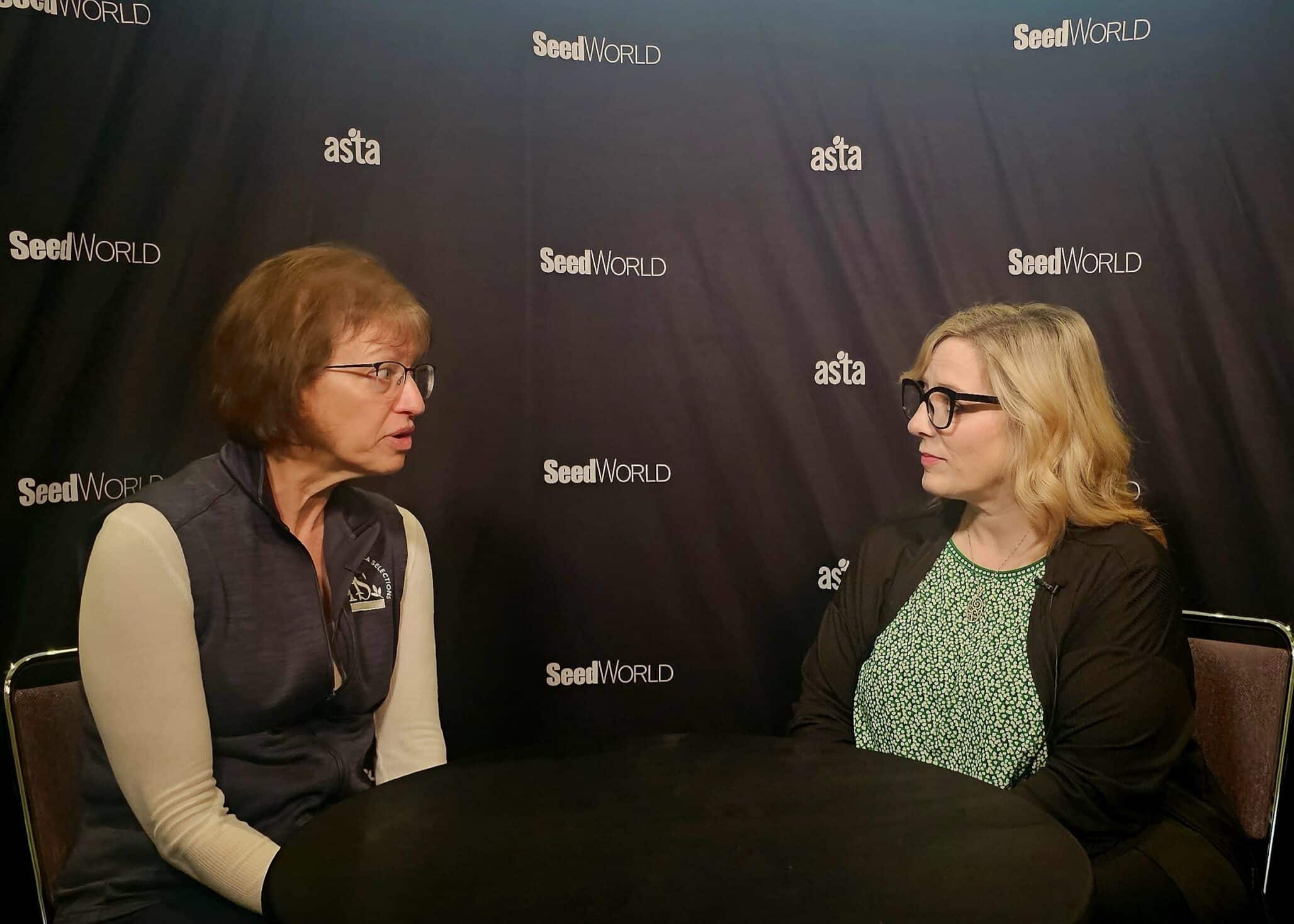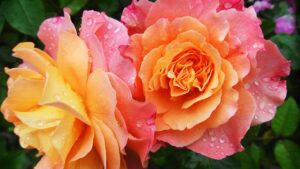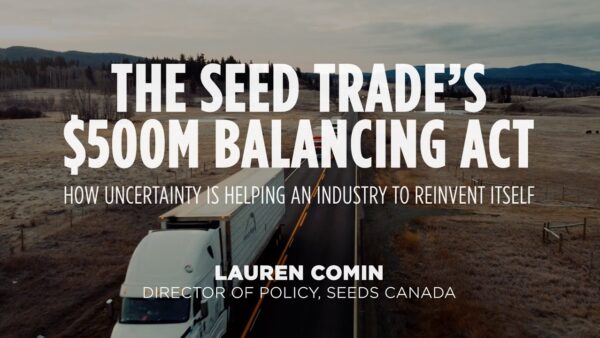Anyone who’s scanned retail racks of home-garden seeds will have seen — and quite possibly been positively swayed — by the All-America Selections ‘Winner’ decal that a small number of extra high-performance flower and edible crop seeds carries. But it’s not just home gardeners benefiting from the AAS awards program: it’s important to the seed industry too.
For 94 years, independent non-profit plant trialing organization All-America Selections (AAS) has tested new, never-before-sold annual and perennial flower and edible crop varieties bred for the home garden market, celebrating the best-of-the-best with the coveted AAS Award. The award is more than a pat on the back for winners: it has industry-wide value.
“A rising tide raises all ships… what I feel like AAS gives to the industry is always improving the value and the quality that the end consumer gets because it’s been tested. It’s been tested against other really good varieties,” said Diane Blazek, executive director with AAS, during a Giant Views chat with Seed World U.S. editor Aimee Nielson at the American Seed Trade Association’s 63rd Annual Vegetable and Flower Seed Conference in Monterey, California.
The very fact that breeders are willing to donate seed and cuttings — not just to compete for the AAS award, but also to act as trial control or check varieties — shows the value the plant breeding community sees in the AAS process, Blazek added.
“If you are a breeder, you may be donating one of your best-selling products [to] go against a trial entry. What if that entry performs better and displaces [your variety] in the market? Yet all these breeders continue to donate the seeds and the cuttings as comparisons. That tells us the value they place on the trialing process,” she said.
Every submitted variety undergoes anonymous trialing conducted by volunteer horticulture judges across North America. The judges rate the varieties based on trial performance against experimental control varieties. If the new variety outperforms the market standards in terms of yield, health, etc. without key production drawbacks, they are reviewed for the AAS award. Only the best receive the AAS Winner designation. The number of winners varies from year to year: as low as six during COVID and as high as 30(ish). Numbers vary because winners are judged individually on their own merits, rather than in comparison to the year’s other contenders.
Not surprisingly, there’s notable benefit to successfully winning an AAS award and utilizing the AAS branding, Blazek said.
“We know that there’s a significant advantage sales-wise to having an AAS winner. I just met with a retailer who said, ‘Oh my gosh: we’re always going to feature the AAS winners because they sell XYZ [better],” she said. “Somebody was just telling me an astonishing number of an older winner that they [keep featuring] on their website and they just can’t believe the number of seed packets that are selling because it’s an established AAS winner.”
Winning isn’t the only corporate benefit. Being part of the judging process offers advantages too.
“It can be a very good company asset to be involved in the trialing process, especially if you’re a broker or a dealer or retailer and you want to see what’s coming from the breeders: then you might want to be an AAS trial site. If you’re a breeder, you get to see what the other breeders are coming out with because as a judge you’re seeing all the new stuff,” said Blazek.
Over her 14 years with AAS, the biggest shift in the marketplace Blazek has seen is compact plant structure oriented towards patio and container gardening.
The change is “enough so that we added three new trials to our repertoire because we’ve always done in-ground trials, and now we have container trials. Especially in the edible vegetable world, we know people are wanting to grow cucumbers on their balcony and you can do it now with the new breeding work that’s coming out,” she said.
The other big shift she said she sees in the breeding marketplace is ever-increasing gains in plant health.
“Breeders want to make the home gardener more successful, so disease resistance is very, high on the list and very commonly one of the traits that we’re judging for.”
Climate change and sustainability are, of course, increasingly top-of-mind in the plant breeding community.
“Breeders are really working on things that have lower water needs and that makes all the difference in the world for the home gardener,” Blazek said, adding that the organization is considering options to prioritize sustainability metrics in the judging process too.
For more information about AAS, visit https://all-americaselections.org/about/












